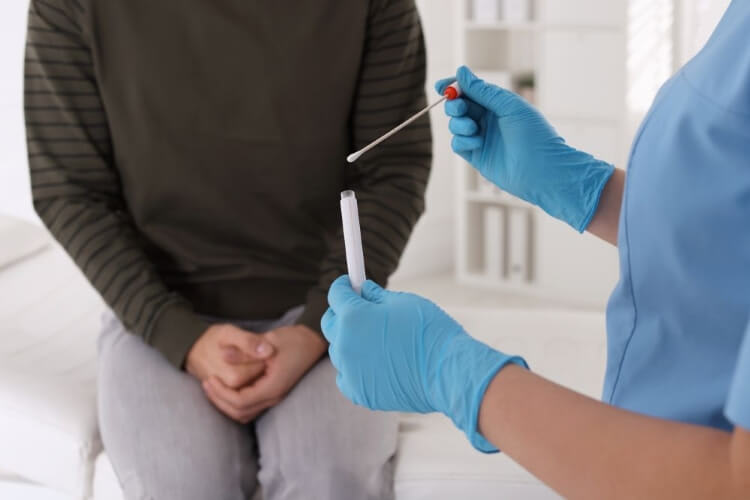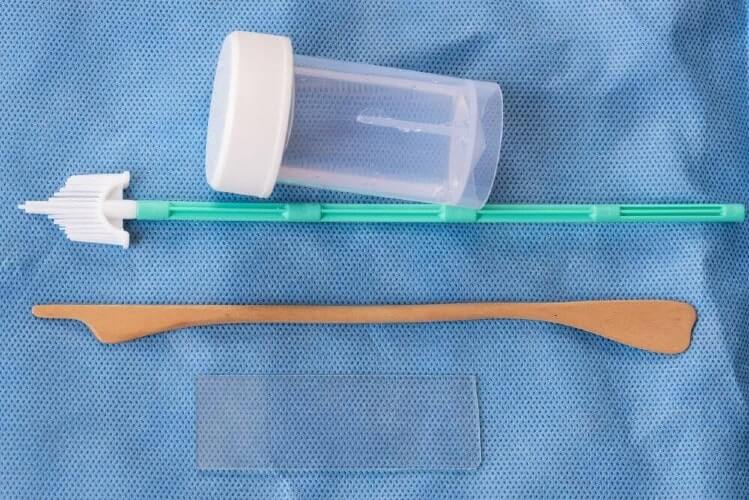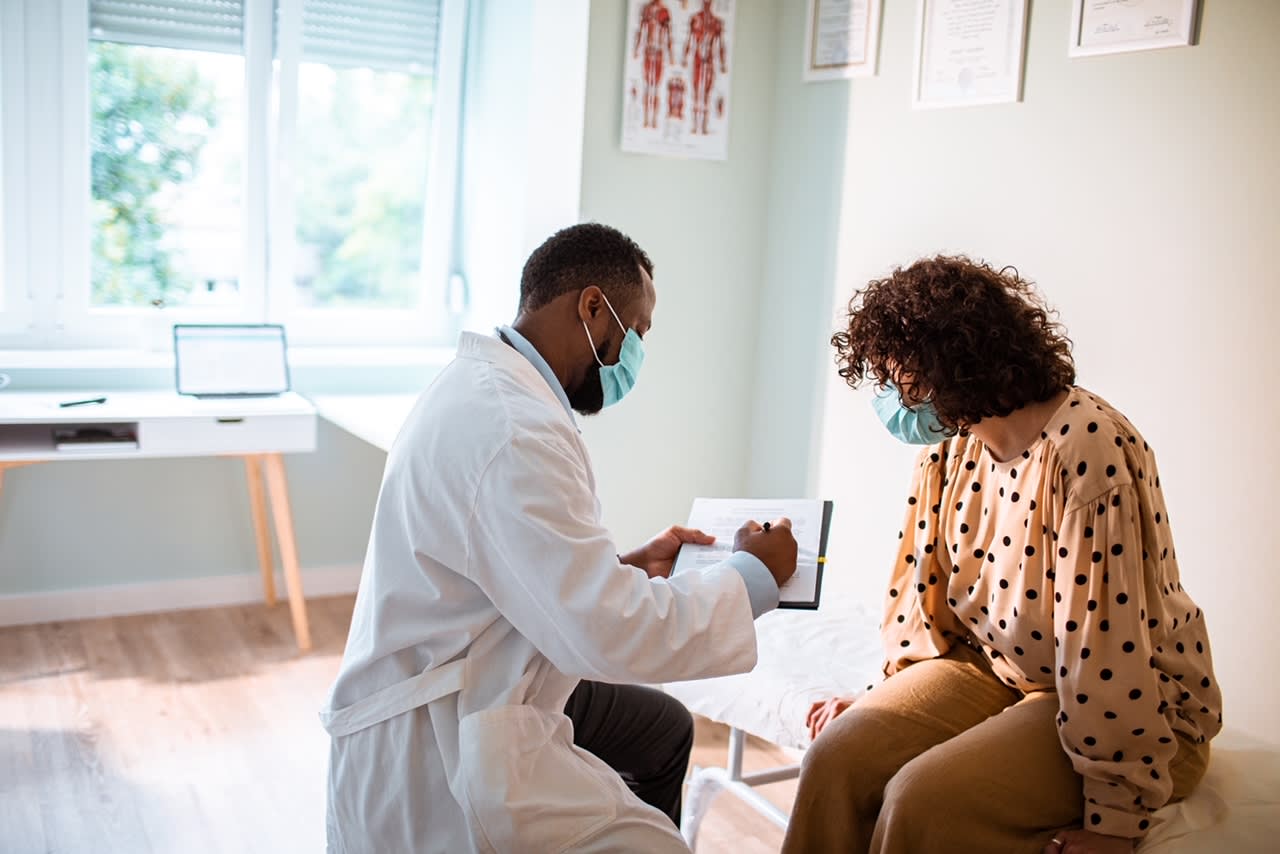By Stamford Health Staff
As parents, we all share one wish: to help keep our teens safe and healthy as they go through the inevitable motions of life. Have you ever wondered if your son or daughter is aware of HPV? If you are looking to have a conversation with your teenager, here are some common questions to help you explain.
His or her doctor will likely explain that while it’s not 100% “fool proof,” it’s the first of its kind that can prevent cancer and some types of HPV that cause cervical cancer, penile cancer, throat and mouth cancer and anal cancer. The vaccine can also help prevent genital warts in males and females, a symptom of HPV.
Want to help your teen get compassionate gynecological care? Find a doctor.
As parents, we all share one wish: to help keep our teens safe and healthy as they go through the inevitable motions of life. Have you ever wondered if your son or daughter is aware of HPV? If you are looking to have a conversation with your teenager, here are some common questions to help you explain.
1. In terms my teenager can understand, what is Human Papillomavirus (HPV)?
HPV is a sexually transmitted infection (STI) that’s spread through sexual, skin-to-skin contact. This can include intercourse, close touching or even oral sex. This STI is so common that nearly all men and women who are sexually active get it at some point in their lives. Most of the time, though, there are no signs or symptoms and it can go unnoticed.2. Is there an HPV test for men?
Unfortunately, no. There aren’t currently any approved HPV tests for men. However, the Center for Disease Control (CDC) does recommend the HPV vaccine as a preventative measure.3. Why get the HPV vaccine? I’m concerned about the misconceptions surrounding it.
That’s a conversation you should encourage between your child/teenager and his or her doctor. As with anything, your child’s medical history should be considered and he or she should have a clear understanding of what the vaccine entails. Basically, it’s a series of 3 shots over the course of 6 months.His or her doctor will likely explain that while it’s not 100% “fool proof,” it’s the first of its kind that can prevent cancer and some types of HPV that cause cervical cancer, penile cancer, throat and mouth cancer and anal cancer. The vaccine can also help prevent genital warts in males and females, a symptom of HPV.
4. Can HPV be cured?
Unfortunately, there’s no cure. But the good news is that you can have an honest, face-to-face conversation with your teen about how to prevent this virus. Some talking points include:- Understanding that abstinence is the best prevention method.
- Practicing safe sex. That includes condoms, which are proven to protect against STD’s. Other birth control methods offer no protection against HPV. Open dialogue between your child and his/her sexual partner.
- for women. Encourage your daughter to talk to her doctor about the recommended guidelines. Regular gynecological exams.
Want to help your teen get compassionate gynecological care? Find a doctor.
Sources Cited:
- http://www.talkwithyourkids.org/health-care-teens-need/health-care-teens-need.html
- https://www.cdc.gov/hpv/about/
Featured Expert/ Author






)






